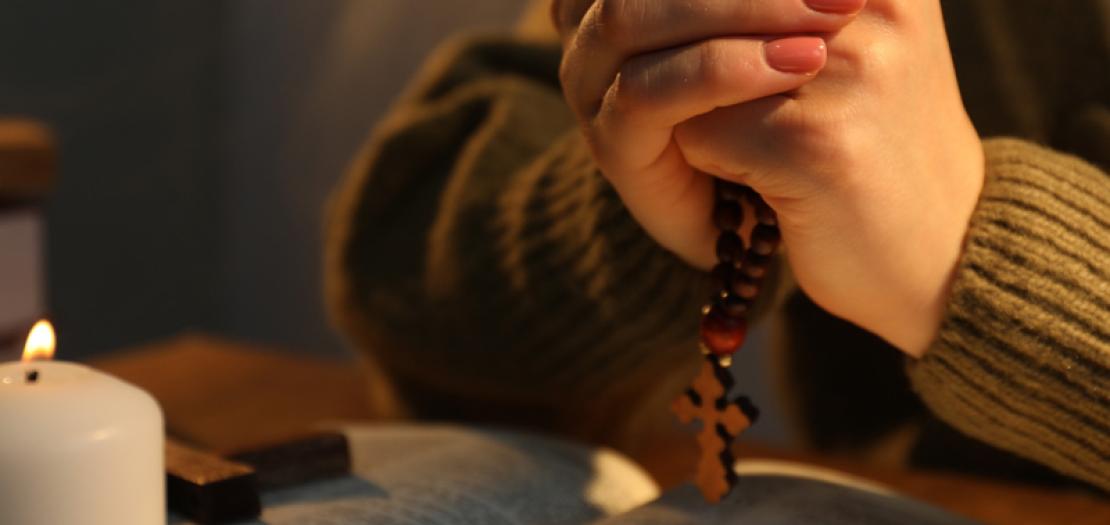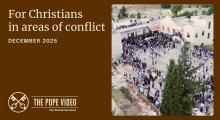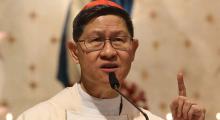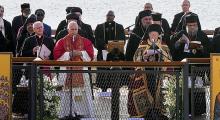Issued by the Catholic Center for Studies and Media - Jordan. Editor-in-chief Fr. Rif'at Bader - موقع أبونا abouna.org

Beginning on 22 June, the feast of Sts John Fisher and Thomas More, the Church in the United States marks Religious Freedom Week, which concludes on the Solemnity of Sts Peter and Paul, 29 June.
An initiative of the United States Conference of Catholic Bishops (USCCB), Religious Freedom Week invites the faithful to promote “the essential right of religious freedom for Catholics and those of all faiths.”
The theme of this year’s observance, “Witnesses to Hope”, builds on the Conference's 2025 annual report on the state of religious liberty in the United States , which highlights “the impact of political polarization on religious freedom” as well as issues ranging from mandates for in vitro fertilization, threats to Catholic ministries serving migrants, and parental choice in education.
This year’s theme is connected to the ongoing Jubilee Year proclaimed by Pope Francis, says Bishop Thomas Paprocki, of the Diocese of Springfield in Illinois, who proposed the original Fortnight of Freedom, which has since evolved into Religious Freedom Week.
Taking inspiration from St Paul’s saying “hope does not disappoint”, Bishop Paprocki told Vatican News that hope “gives us confidence in the future and in terms of what God is promising in terms of eternal life.”
He explains that Religious Freedom Week is an invitation to Catholics to pray for religious liberty to be protected in the United States and around the world; to reflect on the meaning of religious liberty; and to take action in defence of freedom of religion. “So these three steps: pray, reflect, and act in ways that we can be witnesses to hope in terms of religious liberty.”
In his interview with Vatican News, Bishop Paprocki says the question of religious liberty must be understood in terms of the Church’s teaching on freedom. Citing the teaching of Pope Saint John Paul II, the bishop explains that true freedom is related to truth, and must be distinguished from “license”, the capability of doing whatever one pleases.
“The Church has taught that liberty exists in order for us to be free to practice our faith, in order to pursue what is right and to be able to speak the truth”, says Bishop Paprocki.
He goes on to emphasize that “the flip side of the coin with regard to rights is obligations”, not just in the Church but also in “the civil context.” “It’s not just a question of our freedom and our rights, but we have obligations to be good citizens”, the Bishop says, “to help promote the common good and our nation, and to defend the freedom of our country.







